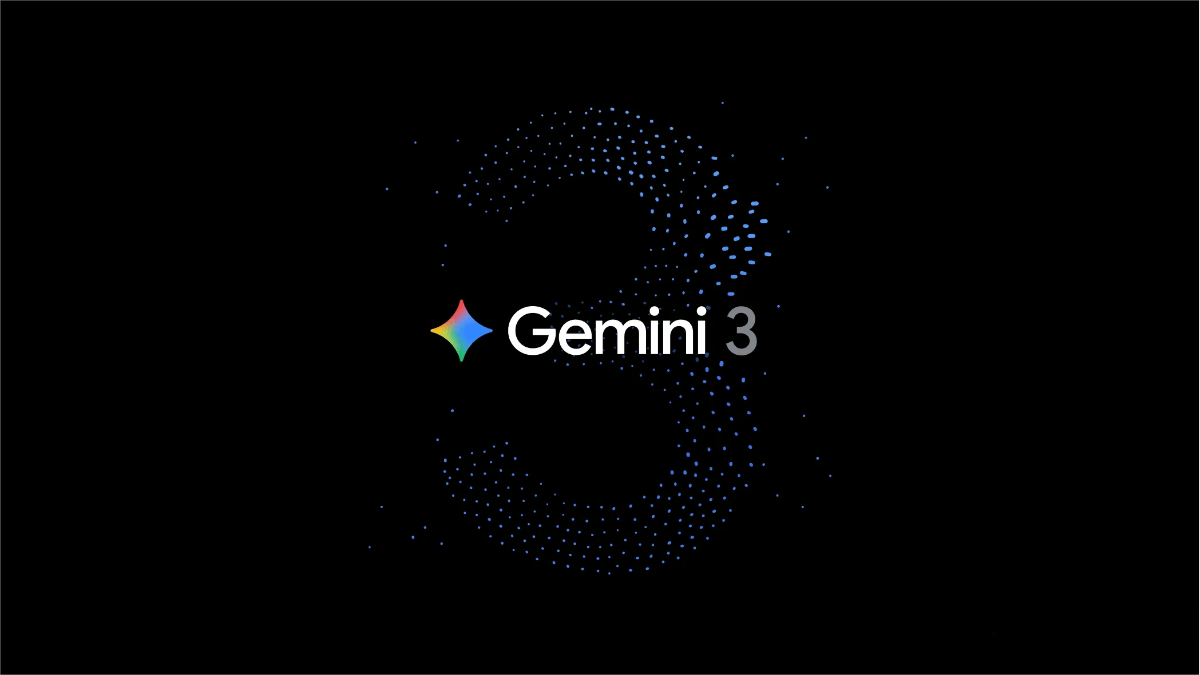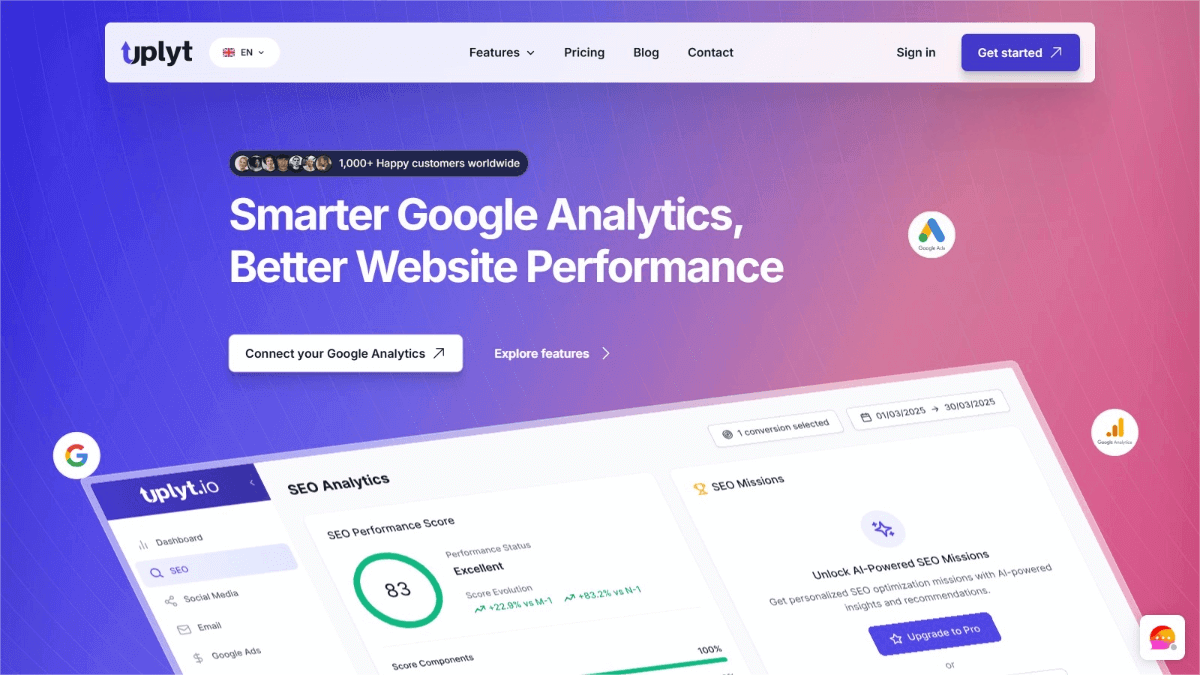Agent Development Kit – Google’s Open-Source Framework for AI Agent Development and Deployment
What is the Agent Development Kit?
The Agent Development Kit (ADK) is the first AI agent development toolkit open-sourced by Google. It is a code-first Python toolkit that simplifies the building, evaluation, and deployment of complex AI agents. ADK supports multi-agent architectures, enabling the creation of hierarchical applications composed of multiple specialized agents to achieve complex coordination and delegation tasks. It provides a rich ecosystem of tools, including pre-built tools, custom functions, and integration with third-party libraries. With built-in workflow agents and LLM-driven dynamic routing, ADK allows for the flexible definition of complex workflows. It also offers integrated development tools, native streaming support, built-in evaluation tools, and extensive LLM support. The open-sourcing of ADK lowers the barrier to AI agent development, enabling developers to build fully functional AI agents with less than 100 lines of code. It features high flexibility and strong compatibility, supporting a wide range of LLM models.

The main functions of the Agent Development Kit
- Multi-agent Architecture: ADK supports the construction of hierarchical applications composed of multiple specialized agents, enabling complex coordination and delegation. Developers can define agents at different levels, with each agent focusing on specific tasks to improve the overall efficiency and scalability of the system.
- Rich Tool Ecosystem: ADK offers pre-built tools (such as search, code execution), custom functions, and integration with third-party libraries. Developers can easily expand the capabilities of intelligent agents to meet diverse needs.
- Flexible Orchestration: ADK comes with a variety of built-in workflow agents (such as SequentialAgent, ParallelAgent, and LoopAgent) and supports LLM-driven dynamic routing. It enables the flexible definition of complex workflows to meet task requirements across different scenarios.
- Integrated Development Tool: ADK provides a Command-Line Interface (CLI) and Developer UI, supporting the execution of agents, inspection of execution steps, debugging interactions, and visualization of agent definitions. It helps developers quickly develop, debug, and optimize agents.
- Native Streaming Support: ADK supports bidirectional streaming interaction (text and audio), seamlessly integrating with underlying capabilities (such as Gemini Developer API). This enables the AI agent to respond to user input in real time, providing a smoother interaction experience.
- Built-in Evaluation Tools: ADK provides systematic tools for evaluating the performance of intelligent agents, including the assessment of final response quality and step-by-step execution trajectories. This helps developers optimize the performance of intelligent agents and ensures their reliability in practical applications.
- Extensive LLM Support: Although ADK is deeply integrated with Google’s Gemini model, it also supports integration with various LLMs (such as Anthropic, Meta, Mistral AI, etc.) through the BaseLlm interface. This provides developers with more choices and flexibility.
- Rapid Deployment: ADK supports seamless transition from local development to cloud deployment. Developers can quickly iterate locally and migrate to the cloud for large-scale deployment.
- Code-first Development Approach: ADK adopts a code-first development approach, where the behavior, orchestration logic, and tool usage of intelligent agents are directly defined through Python code. It provides the highest level of control, testability, and version control, enabling developers to leverage existing best practices in software development.
Project address of the Agent Development Kit
- Github Repository: https://github.com/google/adk-python
- Project Documentation: https://google.github.io/adk-docs/
Application scenarios of the Agent Development Kit
- Customer Service Assistant and Business Process Robot: ADK is highly suitable for the rapid development of customer service assistants and business process robots. Developers can use the multi-agent architecture and rich tool ecosystem to build agents capable of handling various tasks.
- Multi-agent Collaboration System: ADK’s multi-agent architecture supports developers in building complex collaborative systems. For example, a weather query system can include a master agent (such as WeatherAgent) that delegates greeting tasks to a dedicated greeting agent (such as GreetingAgent) and farewell tasks to a farewell agent (such as FarewellAgent), while focusing on processing weather queries itself.
- Integration with Internal Enterprise Tools: ADK supports integration with various external APIs and tools, enabling the construction of an “AI Toolbox” for internal teams.
- Interaction between Agents: ADK supports the Agent2Agent protocol (A2A), facilitating information exchange between agents based on standard protocols.
Related Posts




